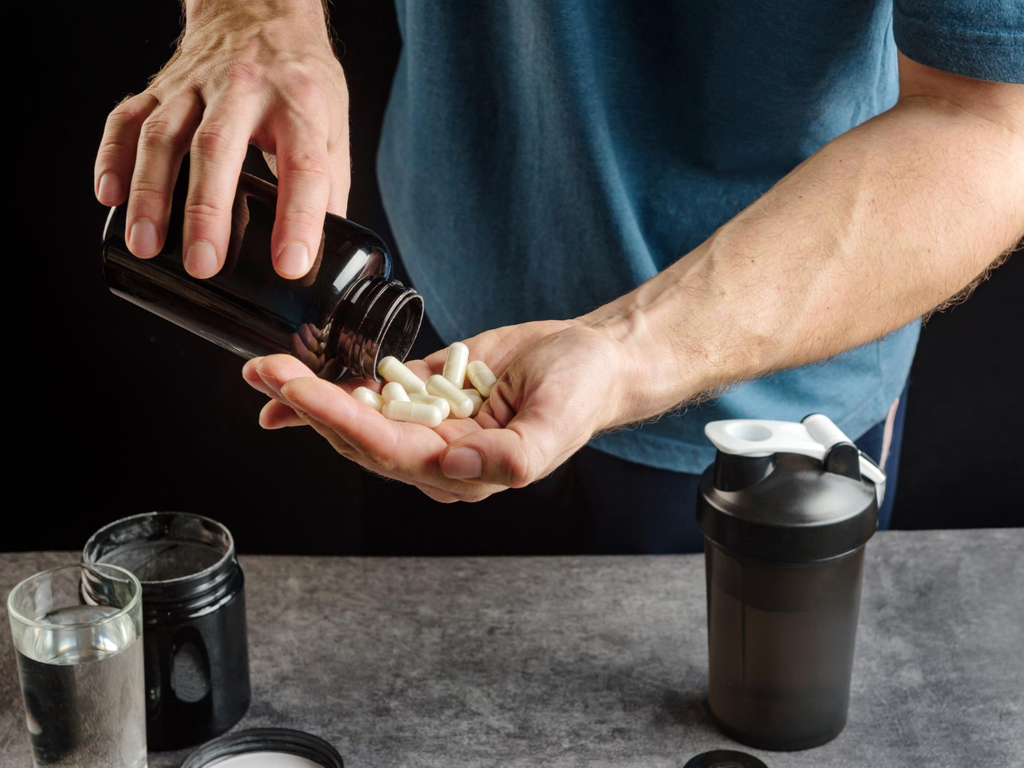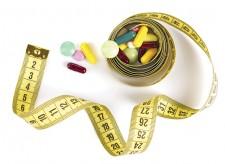Whether you are a day-to-day athlete or top-class performer, there may be times when a lack of energy has a negative impact on your workout.
A deficiency in your diet and the pressures of daily life are just a couple of elements that can affect your ability to maximise the benefits you can gain from training regularly.
Taking pre-workout supplements can be extremely useful in addressing this issue, although knowing which ones to use can be tricky.
This list of best pre-workout powders and supplements is packed with tons of products designed to boost your workout gains.
Before choosing a pre-workout supplement, it is essential to think about the type of activity you are undertaking and what you are aiming to achieve.
Generally speaking, some ingredients boost your endurance while others are designed to increase strength or power. Here are the top ingredients in pre-workout supplements.
Creatine
Creatine is widely recognised as the best supplement for increasing power, and is a safe way to improve muscle mass, strength and athletic performance.
Several research studies have shown that strength gains from weight training can be around ten percent higher when athletes supplement with creatine.
It is recommended to follow a ‘loading phase’ of 20-25 grams of creatine split into 4-5 daily doses for 5-7 days, before switching to a ‘maintenance dose’ of 3–5 grams per day afterwards.
Caffeine
Caffeine is a popular ingredient in pre-workout supplements which is effective at improving several aspects of athletic performance.
It is particularly useful in cycling, weight training and sprinting, as well as in other sports such as soccer, rugby, American Football and ice hockey.
The recommended dose of caffeine for improving athletic performance is approximately 3–6 mg per kg (1.4–2.7 mg per pound) of body weight.
Beta-Alanine
Beta-alanine is one of the most common ingredients found in pre-workout supplements and is suitable for athletes across most disciplines.
It is most commonly associated with providing endurance and anti-fatigue benefits, particularly with regards to fighting tiredness in muscles.
The recommended dose for improving athletic performance is 4–6 grams per day – taking higher doses may produce an uncomfortable tingling sensation on your skin.
Branched-chain amino acids (BCAAs)
BCAAs consist of three important molecules – leucine, isoleucine and valine – and are generally used to improve endurance in athletes.
In addition to reducing mental and physical fatigue, BCAAs have been proven to significantly decrease muscle soreness after weight training and running.
The recommended doses of BCAAs are generally 5-20 grams. The ratio of leucine, isoleucine and valine may vary between supplements, but 2:1:1 is the most popular.
Nitrate
Several studies have shown that nitrate is beneficial for athletic performance as it can be converted into a molecule called nitric oxide, which helps to increase blood flow.
Nitrate is often obtained from beetroot or beetroot juice when consumed by athletes as a pre-workout supplement.
The optimal dose of nitrate is 6–13 mg per kg (2.7–5.9 mg per pound) of body weight. Taking it around two hours before physical activity is the sweet spot for the best performance gains.
Citrulline
While citrulline is an amino acid produced naturally in your body, increased levels through supplementation has been proven to improve athletic performance.
There are two main forms of citrulline supplements. L-citrulline is used mainly for endurance activities, while citrulline malate is suitable for weight training.
A recommended dose is six grams of L-citrulline or eight grams of citrulline malate, although some studies have suggested that 15 grams is a safe dosage.







